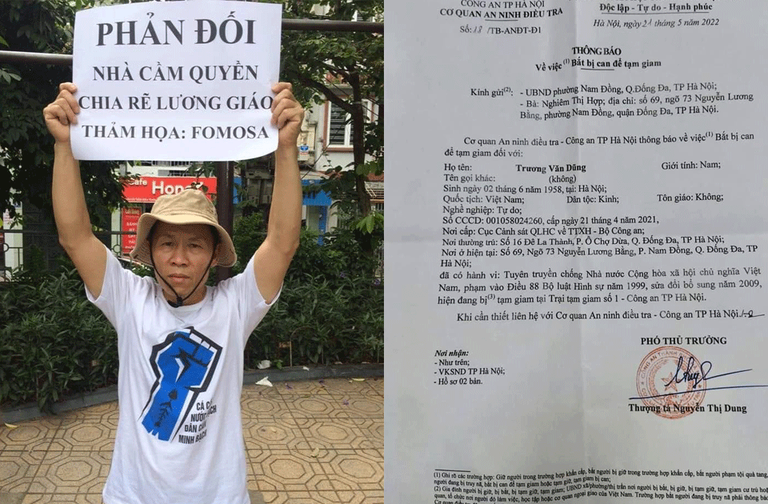US Navy: ‘Unit-level errors and omissions’ led to grounding of nuclear-powered sub
The U.S Navy has released the command investigation into the submarine USS Connecticut grounding last October, saying that it “resulted from an accumulation of unit-level errors and omissions that fell far below U.S. Navy standards.” Three top commanders of the nuclear-powered submarine were already sacked after the accident happened at an undisclosed location in the South China Sea. An earlier month-long investigation concluded that the Seawolf-class fast-attack submarine hit an “uncharted seamount while operating in international waters in the Indo-Pacific.” A seamount is a mountain that rises from the sea bed. The released command investigation, believed to be heavily-redacted, disclosed further that the collision happened while the USS Connecticut was conducting a so-called humanitarian evacuation (HUMEVAC) transit in the direction of the Japanese island of Okinawa. HUMEVACs are performed when one or more crew members need to disembark at a location for various reasons including family matters or childbirth. The investigation determined that the collision “was preventable.” “Specifically, the grounding resulted from an accumulation of unit-level errors and omissions in navigation planning; watch team execution; and risk management,” it said. Thorough investigation The redacted command investigation recommended nonjudicial punishments for the submarine’s navigator, assistant navigator, officer of the deck and quartermaster of the watch on duty at the time, but didn’t disclose their names. “The U.S. Submarine force has always been thorough in all their activities and actions,” said Carl Schuster, a former director of operations at the U.S. Pacific Command’s Joint Intelligence Center in Hawaii. “That leads to credible lessons learned and improving the force to reduce the possibility of future incidents of this nature.” “In my view, the investigation’s primary benefit lies in the improved procedures, training and operations that it identified,” Schuster said. The investigation found “specific areas for improvement in the deployment training and certification process” and delineates dozens of corrective actions that need to be carried out “with a sense of urgency.” The USS Connecticut hit an uncharted bathymetric feature while operating submerged in a poorly surveyed area in the South China Sea on Oct. 2, 2021. The U.S. Pacific Fleet waited for five days after the incident before issuing a statement, leading to China’s criticism that the U.S. was trying to cover it up. The Pentagon denied that. The submarine is now under repair at its home base in Bremerton, Washington state. The USS Connecticut is one of three Sea Wolf-class submarines, commissioned in the Cold War era. It is 107 meters long and can carry around 130 sailors and officers. It is believed to have cost over $3 billion to build. The U.S. Navy has around 70 submarines, all nuclear-powered.




